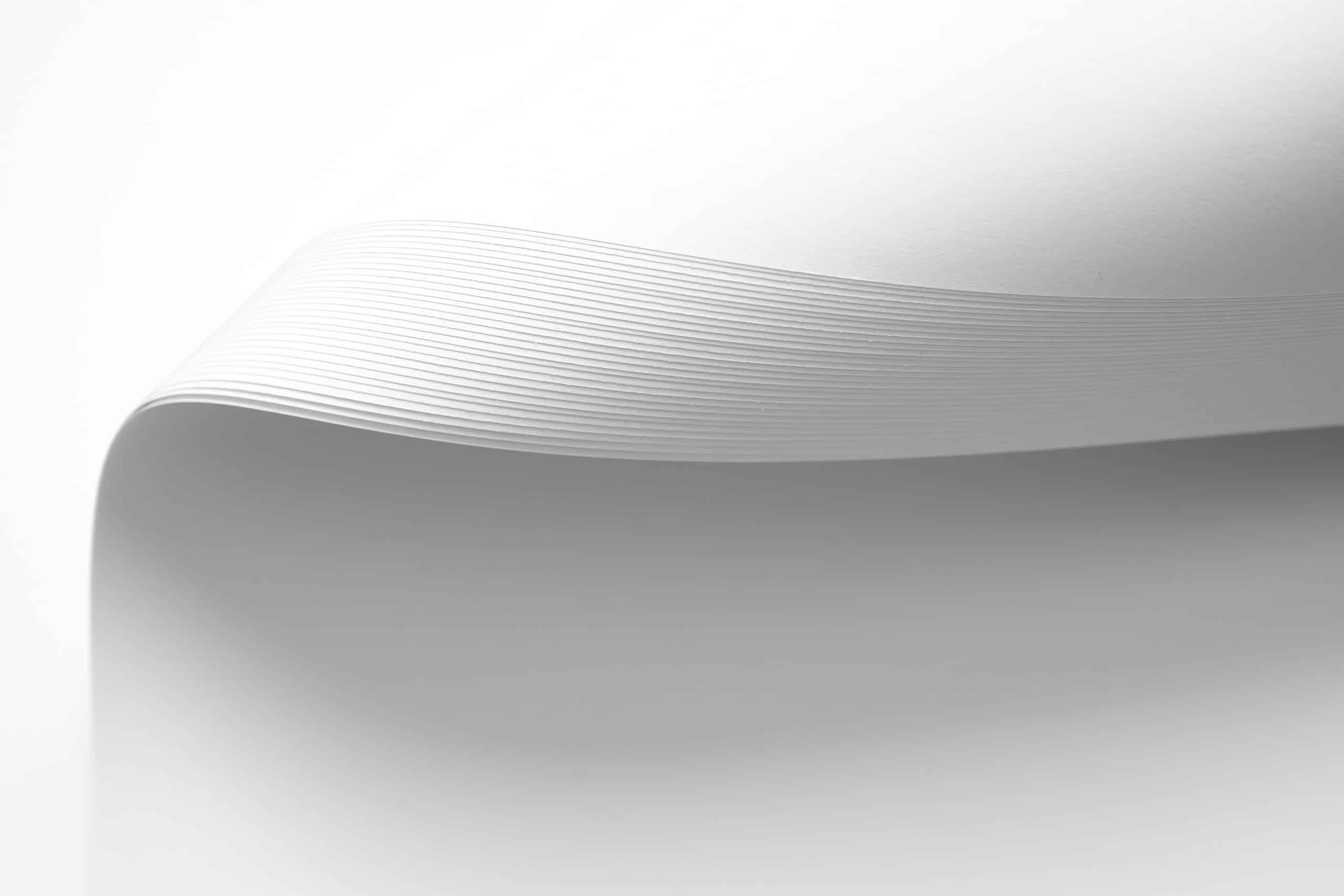
The hospital app development market is growing and developing rapidly in 2025.
According to Statista’s forecast, the global mHealth market is expected to reach $332 billion by 2025.
We provide companies with senior tech talent and product development expertise to build world-class software. Let's talk about how we can help you.
Contact usSource: statista.com
Growth is driven in part by the fact that an increasing number of healthcare organizations are developing software (particularly, develop IoMT solutions)to solve problems and improve the quality of services.
In this article, we’ll explain the types of software you can develop to make your healthcare company more efficient, your staff more productive, and patients more satisfied.
Table of Contents
Several main types of software are used by modern healthcare organizations.
This app can help patients get general information about your hospital.
For example, patients can receive news related to your hospital, find information about your services, and even take a virtual tour if you’ve implemented technologies such as Virtual or Augmented Reality.
If you want to make your medical staff more efficient, software can help to automate routine processes not related to medical activities.
Software can help your team members log billing information and transmit it, create medical documentation, and so on.
Patients tend to forget important information. You can encourage patients to adhere to their medication schedule upon discharge using a mobile app.
This type of software can send reminders to patients about taking medications and ensure they’re taking the right dosage. It will also be able to receive feedback that will help the physician adjust treatment if necessary.
Read also how to develop a time tracking software.
A medical imaging application can improve diagnosis and important medical procedures.
With the help of such software, for example, your specialists will be able to view images more conveniently and make an accurate diagnosis. This reduces the risk of error and speeds up effective medical treatment.
With this type of software, patients can receive some types of care and treatment remotely, which also facilitates the work of doctors.
For example, the doctor receives important results from the laboratory, but the patient is in another city. Now the doctor can give recommendations to the patient and adjust the treatment from a distance.
Read also how to build a delivery app.
Applications of this type are essentially directories that allow users to find doctors according to their specialties, names, or locations.
After a patient finds the right specialist, he or she can contact the doctor and make an appointment, after which the patient may also leave a review, all through the app.
When patients cannot find their way to and through your hospital complex and end up late for appointments with doctors, it may result in tangible cost to your healthcare organization. To guide your patients, you can develop a wayfinding app.
Implementing such an application can help patients find your hospital and the right department, find parking, show the time needed to get to the part of the hospital they need to visit, and much more. All this together will help save staff time and money.
Applications of this type can enhance the health and wellbeing of your female patients.
Using such software, you can provide your patients with educational materials related to pregnancy, schedule appointments with gynecologists and obstetricians, and monitor pregnancies.
Pregnancy is a difficult and crucial period in the life of any woman, so your patients will certainly appreciate the additional help and care provided through a handy app.
This is another type of hospital app development that can facilitate the work of doctors and nurses.
Clinical & diagnosis assistance apps allow specialists to manage patient health records, lab test results, and electronic charts, as well as find and store various data regarding diseases, possible symptoms, and so on.
Instead of looking for paper documents or checking through various databases, your team members will be able to use a single unified solution, which will free up their time for more important activities.
These applications are especially useful in emergency situations when your patients need urgent medical attention.
A patient who has an urgent care app will be able to see the nearest hospitals that can provide care, the most convenient route there, and the approximate travel time.
This might not only help patients in trouble, but also the healthcare organizations, because the patient will be sent only to hospitals where specialists will be available who are able to help.
A satisfied patient is a patient who feels cared for.
If you allow patients to monitor their own health, a system to provide them with advice and recommendations, and even make an appointment schedule for them, patients will be more satisfied with their care and more likely to comply with directions. Wellness software helps to accomplish this.
In addition to all of the above, many more types of software can be of benefit to your healthcare organization and your patients. To learn more about what might benefit your organization, contact our specialists. They’ll be happy to suggest the most relevant options for your team.
You may find interesting articles about best country to outsource hospital app development and IT outsourcing in Ukraine.
Today, there are many types of software that help healthcare organizations work efficiently, build relationships with patients, and make their staff’s work more productive.
Here are some types of hospital app development to make your organization more smart and effective:
If you have some questions regarding hospital mobile apps or are looking for hospital app development company, feel free to contact us.
What if your bank could complete in minutes what currently requires hours, without adding a…
Forecasting demand has never been more complex—or more critical. Traditional models, constrained by rigid statistical…
Did you know that hospitals generate around 50 petabytes of data each year, including clinical…